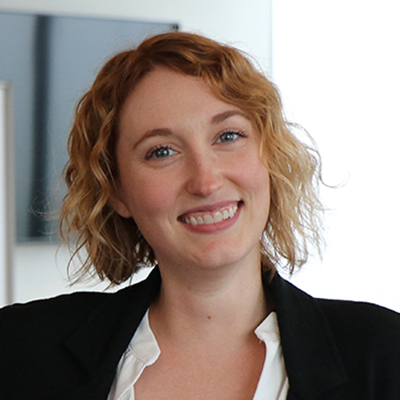知识产权法中的公平
波士顿大学法学院欢迎知识产权法学者参加该校第二届年度知识产权对话。
Just days before the Supreme Court of the United States heard arguments in the 三星诉苹果案 intellectual property case, 波士顿大学法学院 welcomed IP law scholars and students to take part in the second annual IP Conversation. 讨论的内容是知识产权法中的公平概念。
In regard to the 三星 case, the conversation’s participants discussed at what point it becomes unfair to force an infringer to surrender profits not attributable to the infringement. 其他主题包括使用合作博弈论作为确定知识产权收益公平分配的工具,以及澳门威尼斯人注册网站研究欧盟最近澳门威尼斯人注册如何确保作者获得公平报酬的审议。
BU Professor of Law and William Fairfield Warren Distinguished Professor 温迪·j·戈登 opened the mini-conference by drawing out a fundamental difference between copyright and patent law. 复制right infringement, she noted, imposes liability only on defendants who “copy,” meaning they have borrowed something from the copyrighted work. This limitation makes the operation of copyright law correspond at least roughly with common-sense notions of fairness based in reciprocity: people who benefit from others’ work are legitimate candidates for paying some kind of compensation.
By contrast, patent law often imposes liability against independent creators whose inventions are acknowledged to owe nothing to the patentee’s work. Characterizing patent law as “fair” requires us to resort to a different notion of fairness—a notion that all inventors consent to a winner-take-all contest.
通过这些和其他理论例子,Gordon鼓励与会者识别知识产权中不同的公平概念,并制定一个分类法,从而初步形成连贯的主题。
温迪戈登讨论知识产权法和第二届年度知识产权对话的公平性
BU Associate Professor of Law and noted patent law scholar 保罗Gugliuzza discussed 三星诉苹果案, offering his thoughts on the fairness of damages awarded for design patent infringement. He suggested that Congress could easily solve the problem presented by the 三星 case by repealing the statute that provides a special disgorgement remedy for design patent infringement (35 U.S.C. § 289) and instead having the general patent damages statute (35 U.S.C. § 284) govern both utility patent cases and design patent cases. “Making design patents more like utility patents would have the important benefit of creating consistency within the law,” he said.
Picking up on the subject of fair distribution of profits, BU Professor of Law and Abraham and Lillian Benton Scholar 迈克尔·穆尔 argued that cooperative game theory and the ways economists understand fairness might help judges divide profits among collaborators, such as members of a band or the creators of a startup. In response to Meurer’s paper, Director of BU Law’s Human Trafficking Clinic 朱莉Dahlstrom argued that when individuals lack bargaining power and are often threatened or coerced into markets that “lack any semblance of transparency,” the circumstances demand a more nuanced discussion of fairness than what can be offered by game theory. “Making moral and philosophical judgments to sort out claims is necessary to IP law,” she said, “but is fairness achievable in these complex cases?”
Turning to copyright law, Columbia University’s Morton L. Janklow Professor of Literary and Artistic Property Law 简·金斯伯格 spoke on fair remuneration of authors under European and American law. She noted the provisions built into copyright laws of the EU and US to protect authors—who are often the weaker parties in the “creative industries”—in the form of reversion of rights to the author after a fixed period of time. “Unfortunately,” she said, “the US reversion right has been compromised over time.” While countries in the EU often intervene to correct authors’ weaker bargaining position by restricting the scope of the rights that authors may grant, or by requiring that authors be paid “fair remuneration” for the rights they grant, Ginsburg called for global consensus in these attempts to continue the fair division of the gains on creative works. Noting the possibility of differences in perspectives across European nations, 约翰金, Loomer Family Professor in Law at the University of Texas 法学院, wondered about how fairness in copyright law should be settled at the local, national, or European level.
波士顿大学法学院是国际公认的知识产权法卓越中心。 The School’s well-known faculty of scholars and wide-ranging curriculum choices equip students to address complex intellectual property issues at an advanced level. 波士顿大学法学院与学术界和法律界以及大波士顿地区的科技行业有着密切的关系,为学生提供了更多接触该领域顶尖从业者的机会。 事件 such as IP Conversations and the 知识产权讲座系列 draw scholars from across the country to examine pressing topics in the fields of patent, trademark, and copyright law.
